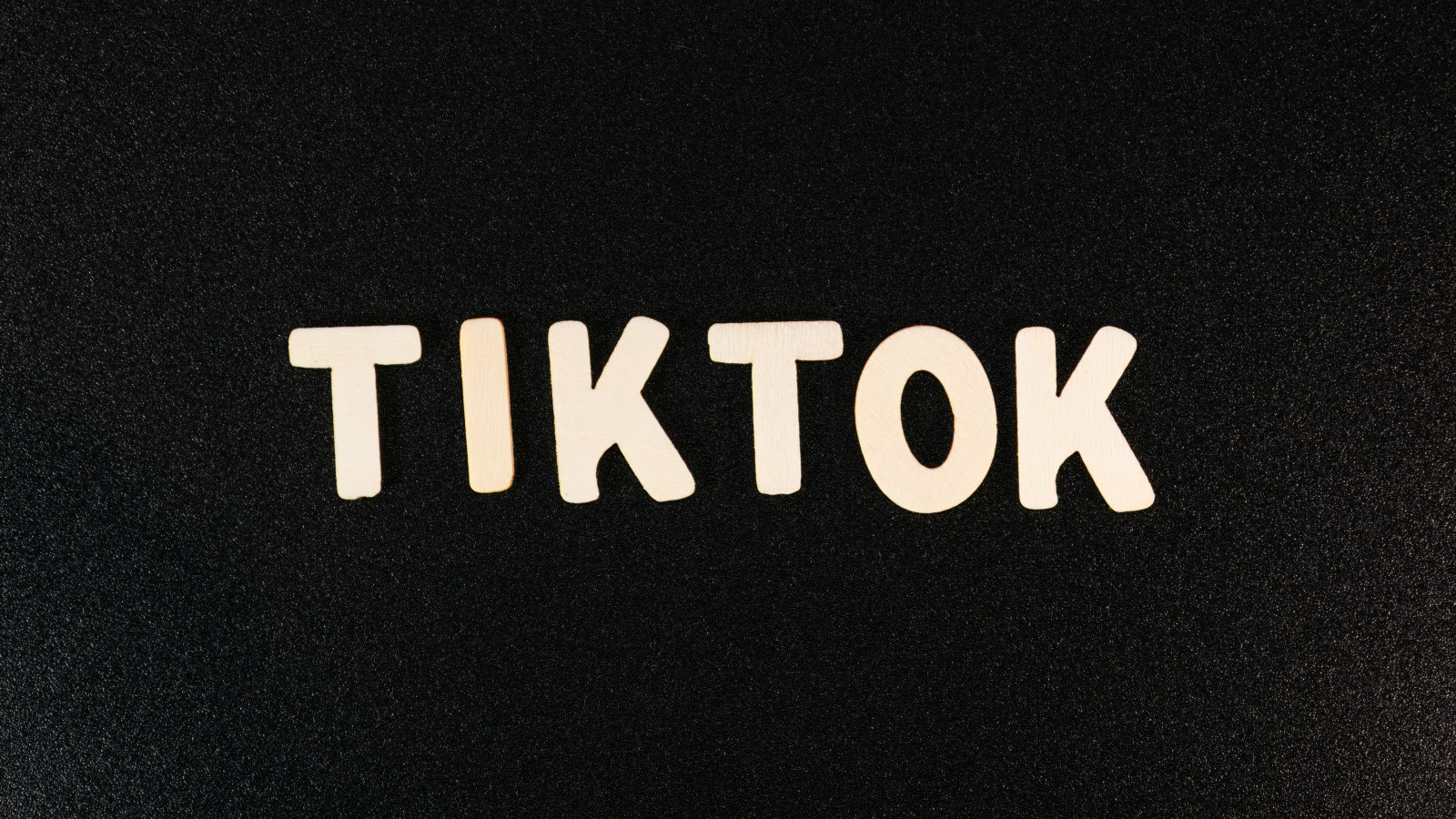Will the TikTok ban happen? What you need to know

Photo: Kim Menikh

It has been a rollercoaster of a news year for TikTok since April, when President Biden signed a law that would ban the platform unless it found new owners.
The January 19th deadline is approaching quickly, and the heat is up as of December 6th, when the Federal Appeals court upheld the ban. While Australia recently passed a social media ban for under-16s, a TikTok ban in the US may not come to fruition as easily. TikTok has made no moves to divest from parent company ByteDance, and has indicated it will pursue an appeals process up to the Supreme Court – which could extend proceedings beyond January 19th and into the Trump presidency, where the legislative environment could swing in TikTok’s favour.
Will the TikTok ban actually happen? The role of the Trump administration explained
Once a law has entered the bureaucratic machinery, it takes more than a presidential whim to strike it down. Trump’s own perspective on TikTok may have warmed since his original calls to ban the app several years ago, but the Supreme Court does operate independently of him, and may choose to uphold the original law on the basis of national security. The platform’s arguments around free speech have thus far fallen on deaf ears, with courts finding that the option for TikTok to divest from ByteDance, combined with alternative apps, mean that consumer access to TikTok does not equate with access to free speech, and thus a ban does not impede their rights. As this is the main argument in play, assuming legal logic and government organisation remain as-is, it looks unlikely that the Supreme Court would see differently.
Trump’s government could try to intervene directly, but even so, this would not be without its legal battles. Moreover, it is difficult to imagine his administration being so aligned on the issue, given the law’s original bipartisan support, and the newer involvement of Elon Musk and Mark Zuckerberg in particular. Musk’s platform, X, is not directly in competition with TikTok when it comes to features, but in terms of time, attention, and information dissemination, its interests inevitably clash. Zuckerberg is not officially involved in the incoming cabinet, but has expressed interest in active involvement in tech policy moving forward (per The Guardian). His company’s app, Instagram, is a direct competitor to TikTok through Reels – so a ban of TikTok would be of direct benefit.
Featured Report
Social audiences are fragmenting Social platform user profile
The social marketplace has been growing – but attention is a finite resource, as is consumer time. As a result, audience attention is fragmenting across many different apps, with the biggest – YouTube, Instagram, Facebook, and TikTok –still dominating.
Find out more…Despite Trump’s personal softening towards the platform, his party and administration seem to be in agreement: the US would be better off without TikTok.
A ban will mean a slow decline for TikTok, not an overnight shift
A Supreme Court appeal may delay proceedings, but there was never going to be a hard stop on TikTok as of January 19th anyway. The ban, once in effect, simply requires removal of the app from app stores, meaning that users who already have TikTok downloaded would be able to keep it, until a lack of updates ultimately stopped it from working. The bigger questions surround monetisation – for TikTok creators through creator funds, payments through the TikTok store, and advertisers on the app. There are, as yet, absolutely no clear pathways for any of these if (or when) the TikTok ban goes into effect.
Creators are already panicking, asking their audiences to follow them on other platforms like YouTube and Instagram, where the content style remains largely the same but their long-term futures are protected. As proven many times over in the digital entertainment world, audiences are not truly platform loyal. Some may be ‘stickier’ than others, but a combination of pricing and content will drive them from one platform to another. It is one thing if two platforms have unique content, as with video streaming, where users have to subscribe to more than one to get access to certain shows or films. It is quite another when the same creators are posting the same videos to Reels, Shorts, and TikTok, and stop posting to TikTok because they are worried that they will no longer get paid.
In this context, the culture on TikTok is likely to deteriorate (or improve, depending on your perspective). With its clock ticking and monetisation a grey area, for-profit ventures will start to leave or divest their energies from the app; simply focusing on other options as a ‘just-in-case’ scenario will be enough to do some damage. TikTok will become an unmonetisable free-for-all, where users will not even have to worry much about being haunted by their posts, as the servers may soon go down. Expect cultural moments galore – but little sticking power.
It has never been a better time to be on TikTok but it has never been a worse time to have your strategy tied to it.

The discussion around this post has not yet got started, be the first to add an opinion.